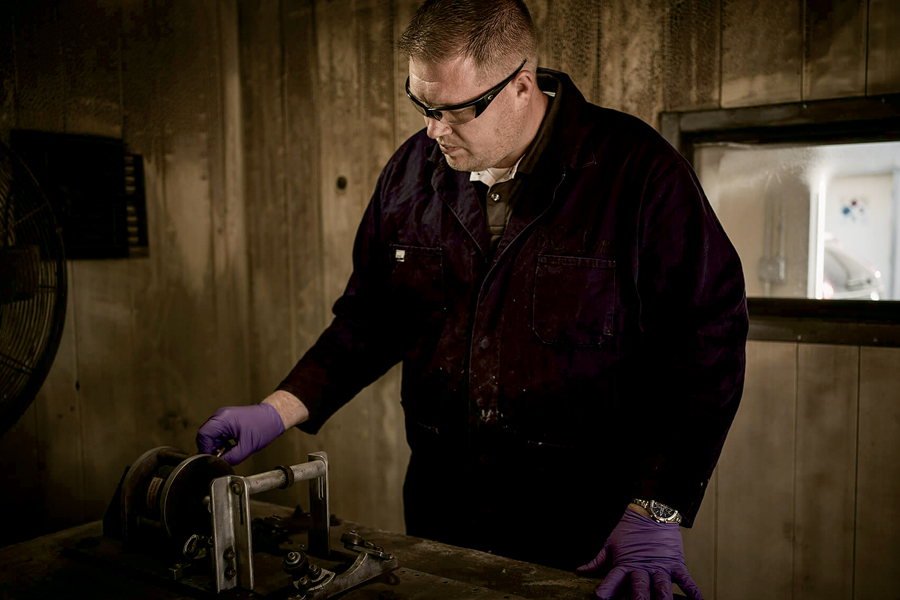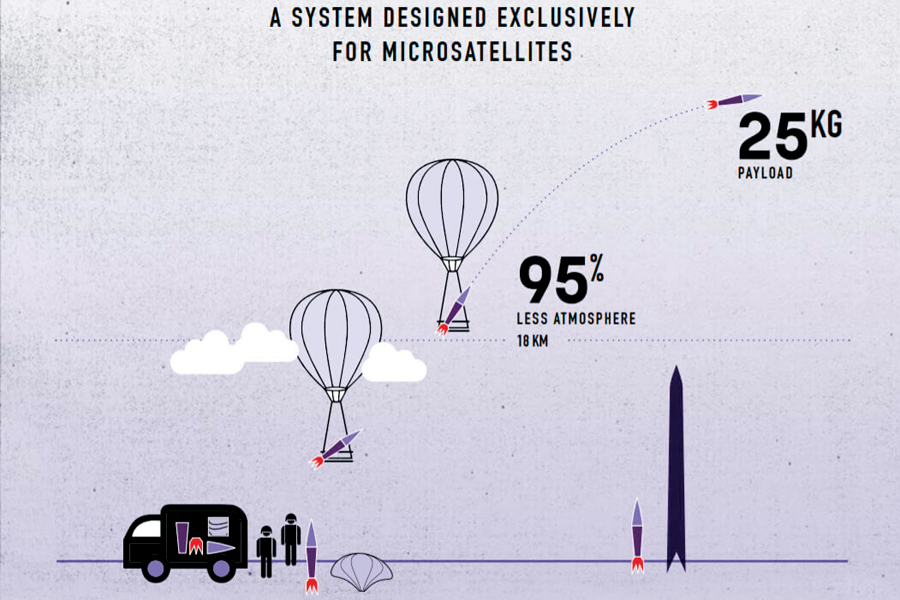Adranos Inc.
Adranos Inc. is developing a novel high-performance, solid propellant for long-range missile and space launch systems.
The propellant, called ALITEC, uses an aluminum-lithium alloy that has more thrust and is less corrosive than traditional solid propellants. Brandon Terry discovered the innovative rocket fuel while working on his Ph.D. at Purdue.
Adranos says its propellant is better because it would dramatically increase the range of a missile, giving military personnel a competitive advantage and making resupply missions safer. It also could reduce the missile smoke signature, making it more difficult to detect. ALITEC would also virtually eliminate hydrochloric acid produced by other propellants. The acid contaminates the environment, corrodes ground-based equipment and damages sensitive satellite components.
The U.S. Army selected Adranos as a finalist in its xTech search competition, awarding the company $125,000 and the opportunity to demonstrate its high-performance rocket propellant for senior Pentagon leaders.
Leo Aerospace LLC
Leo Aerospace LLC plans to use “rockoons,” or high-altitude balloons, to launch rockets into suborbital and orbital flights. The startup took its name from Low Earth Orbit and will revolutionize the space industry by giving priority service to microsatellite developers that now are secondary payloads for large rocket companies.
“We’re targeting the microsatellites by saying, ‘You don’t have to ride-share with anyone. We can guarantee you will be our only payload, and we will be focused on you,’” says Drew Sherman (BSAAE ’17, MSE ’18), Leo Aerospace’s head of vehicle development.
Abishek Murali (BSAAE ’17, MSE ’19), head of mission engineering, says a selling point for Leo Aerospace will be its flexibility and ability to meet customers’ needs. “Our goal is to give people access to space,” he says. “The only way to do that right now is to help people get their satellite into orbit. That’s where we want to leave our mark.”
The company’s goal is to launch its first suborbital flight by 2020. They plan to initially launch the rockoons from existing spaceports licensed by the Federal Aviation Administration. The spaceports stretch from the Kennedy Space Center in Florida to Kodiak Island in Alaska.

Adranos Inc. co-founder Brandon Terry (Ph.D. AAE ’15) prepares a static fire stand for a rocket test using a propellant called ALITEC that uses an aluminum-lithium alloy.
Image provided

“Rockoons” (high altitude balloons) can lift rockets about 11 miles (18 kilometers) above Earth, where there is 95 percent less atmosphere to cause drag. The system works only for microsatellites.
Image provided
